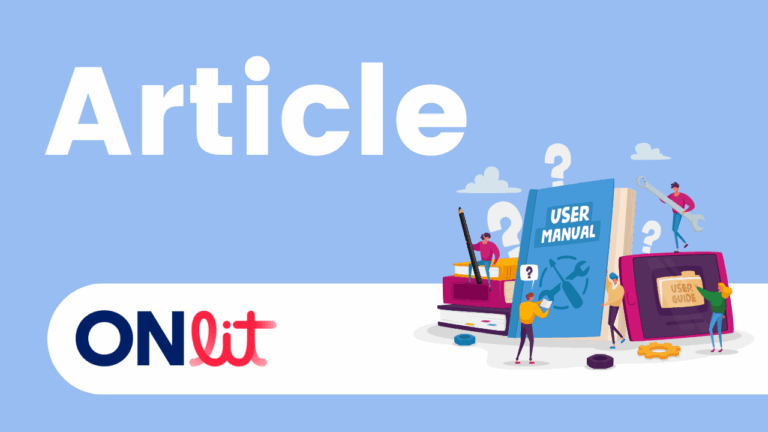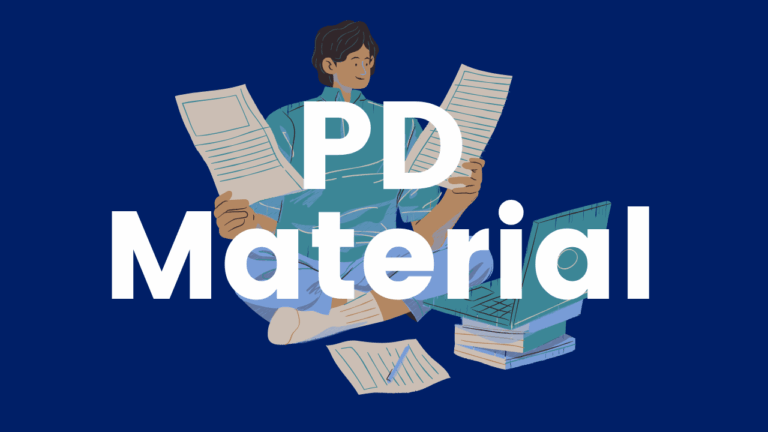Reading Comprehension Development and Difficulties: An Overview
In this International Dyslexia Association Perspectives article, Kate Cain explores the topic of reading comprehension and how language skills develop. The article explains how vocabulary acquisition, understanding of sentence structure and how sentences work together, the ability to infer and integrate information, and building a mental model of the text’s meaning while you are reading…




